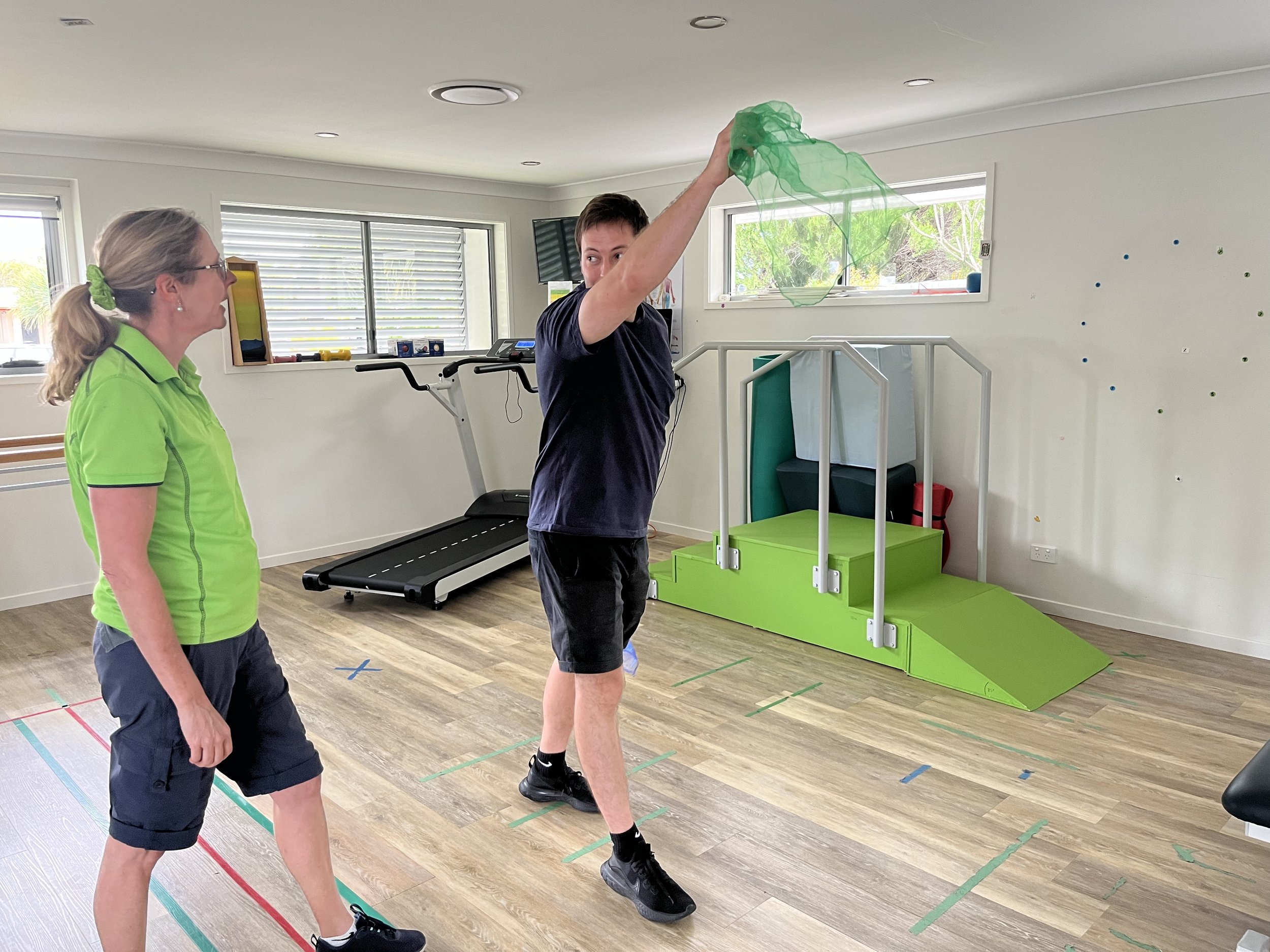World Parkinson's Day
What is Parkinson’s Disease (PD)?
Parkinson’s disease is a condition that affects the brain, resulting in progressive symptoms that develop over years. The disease is named after a British physician, James Parkinson, who first published a description of it in 1817.
Parkinson’s disease is characterized by the dysfunction of neurons (nerve cells) in a part of the brain called the substantia nigra. Specifically, PD is marked by problems with dopaminergic neurons (nerve cells that communicate with other neurons by releasing a signaling molecule, or neurotransmitter, called dopamine). The exact process that leads to the dysfunction of these neurons is not completely understood but it is thought to be influenced by both genetic and environmental factors.
People with PD may display characteristic motor symptoms such as a tremor, bradykinesia (slowness of movements), and muscle rigidity. They often have problems with balance and walking, and may also experience abnormal muscle contractions, involuntary movements, or freezing (difficulty initiating movement). Many people with PD also have abnormally small handwriting. PD may also cause non-motor symptoms such as cognitive impairment, depression, sleep disturbances, and hallucinations or delusions.
Physiotherapy and Parkinsons Disease
The ability to move around and staying active is important for people with PD. Recent research suggests that physiotherapy – including gait and balance training, resistance training and regular exercise – may help improve or hold the symptoms of PD at bay.
According to the Parkinson’s Outcomes Project, the largest clinical study of PD, increasing physical activity to at least 2.5 hours a week can slow decline in quality of life, and that exercise provides neuroprotective benefits and may alter the course of disease. Physiotherapists may help with education on PD and PD specific exercises; improving walking, balance, or posture; addressing falls risk; and treating pain. It is important to find a physiotherapist who has a good understanding and experience working with PD.
For more information…


